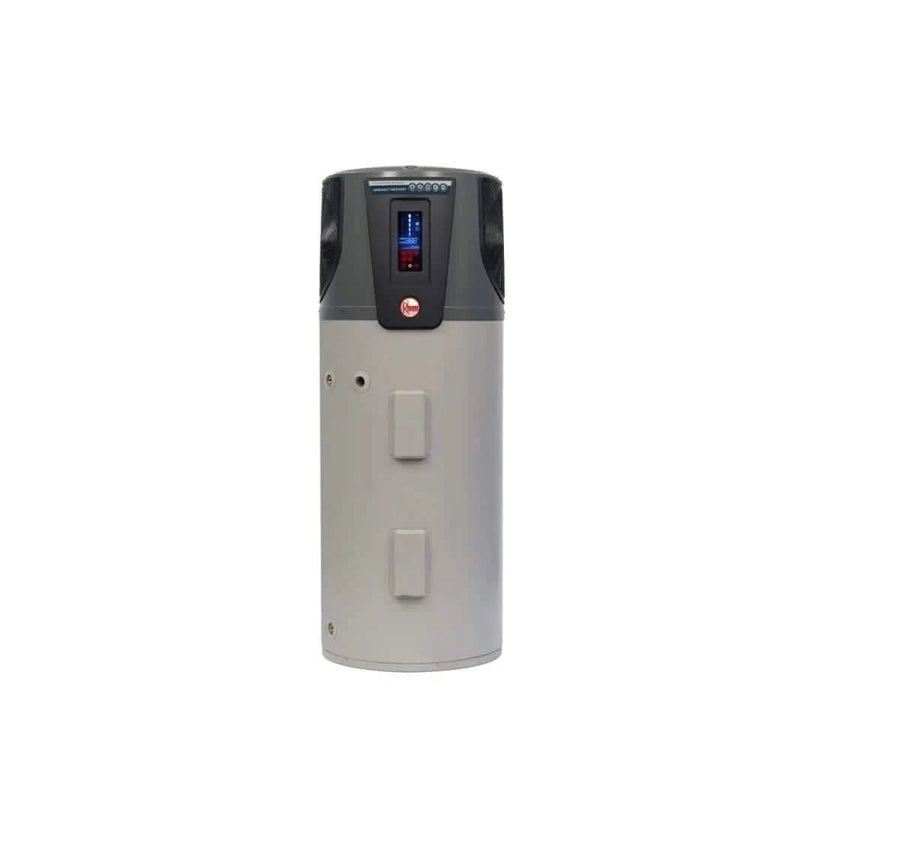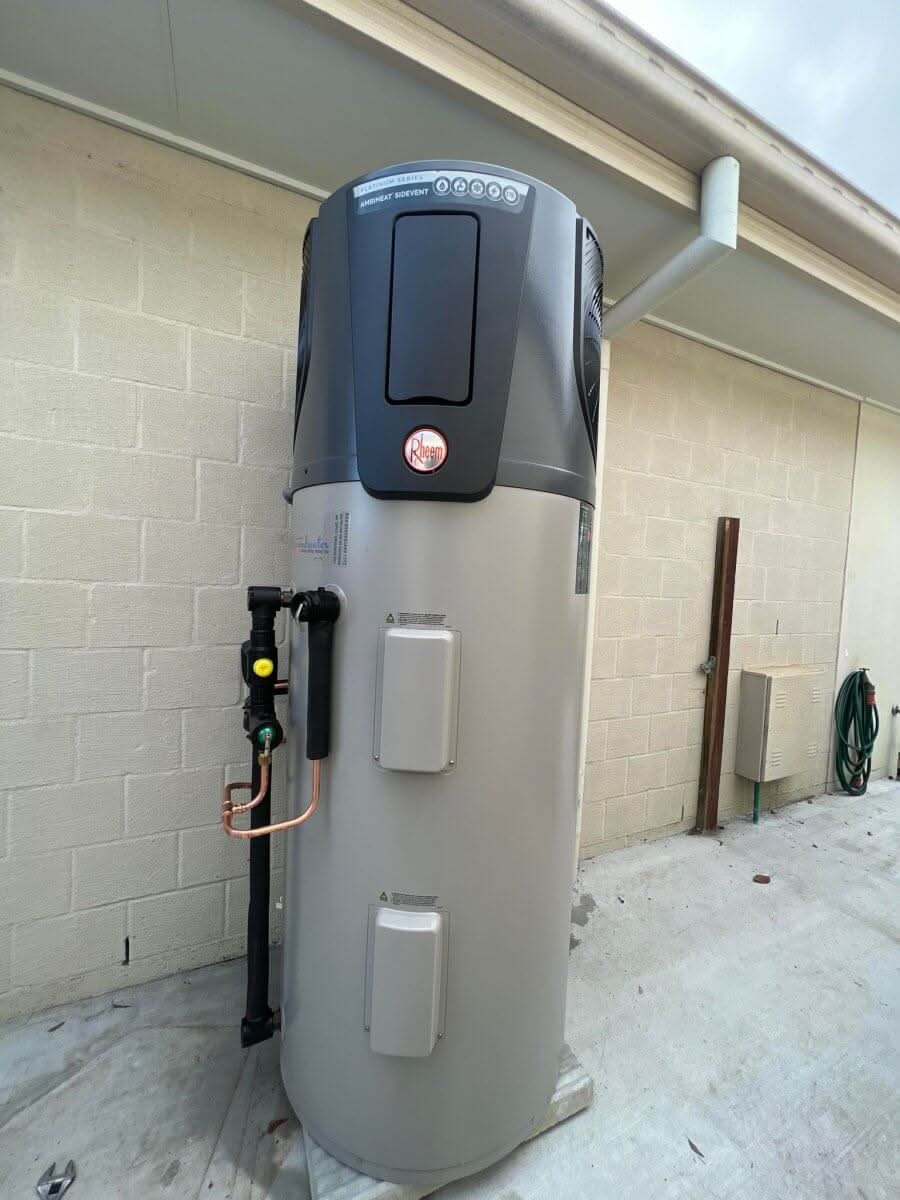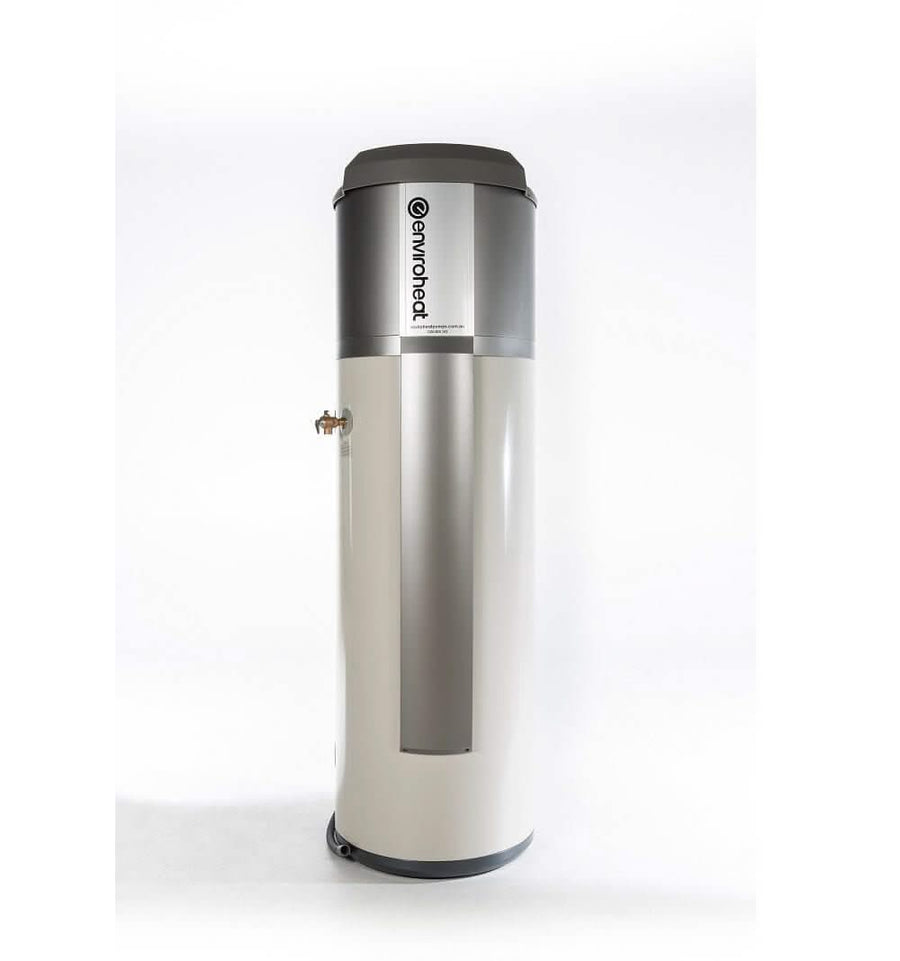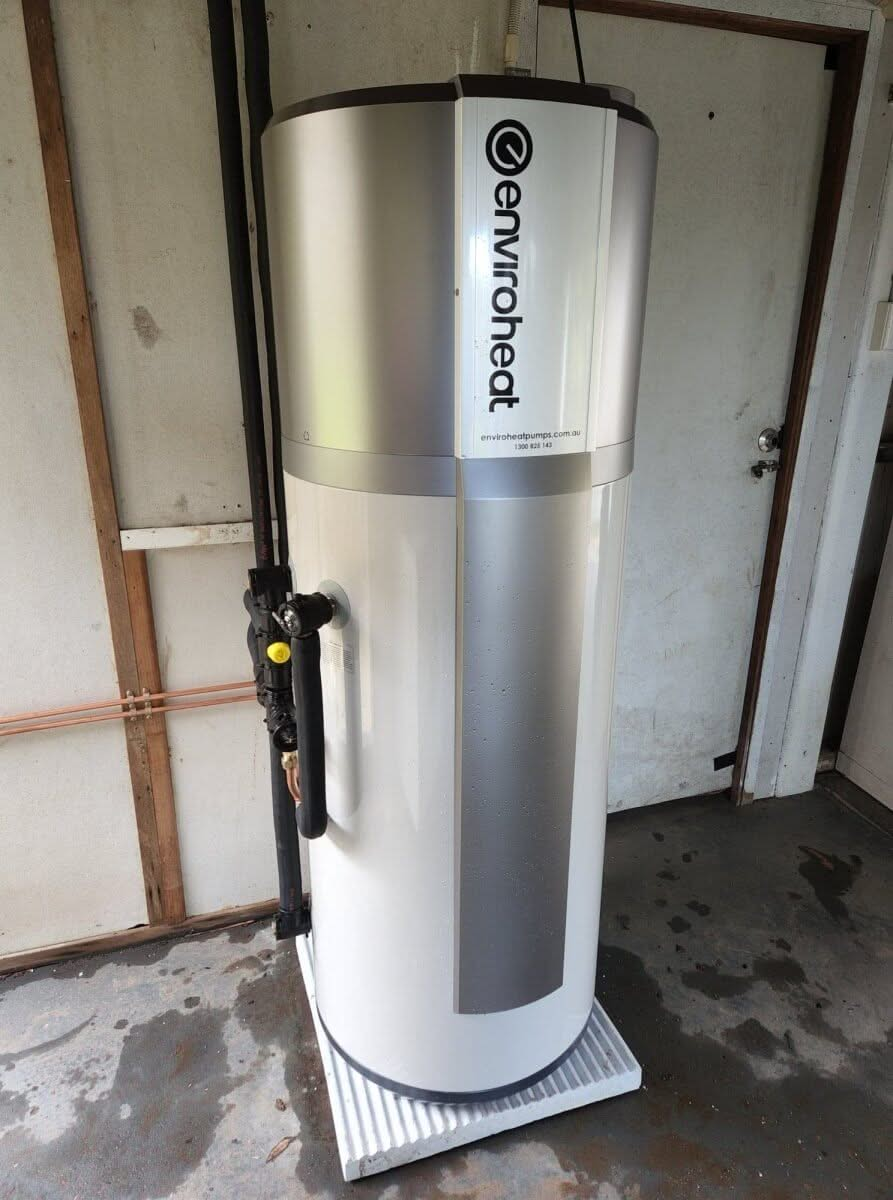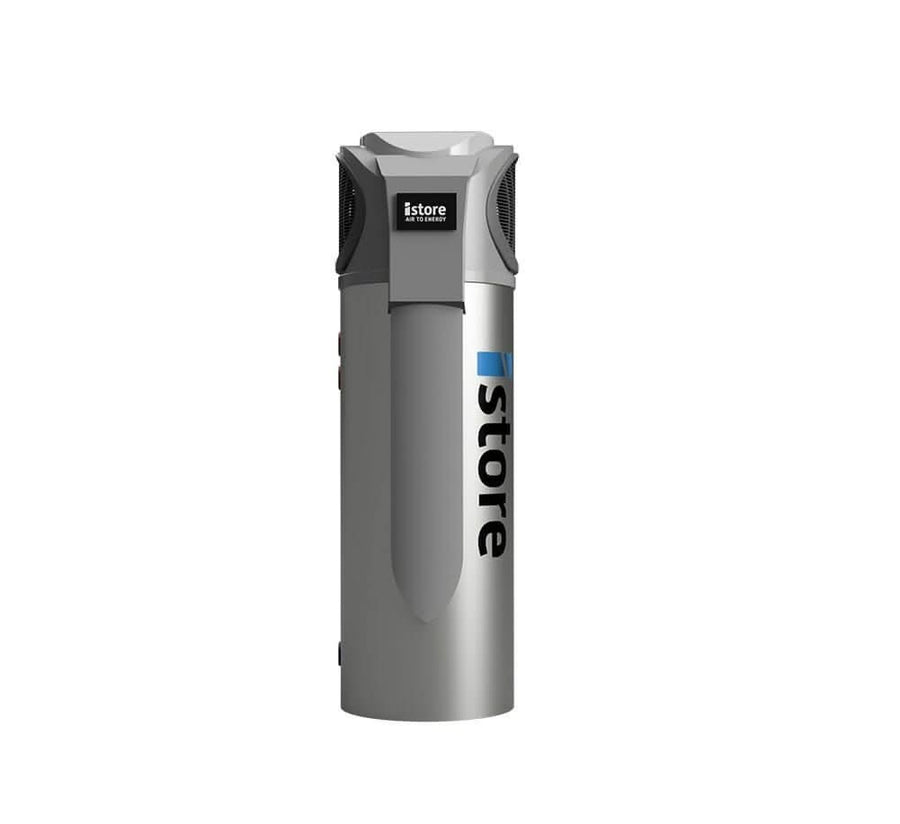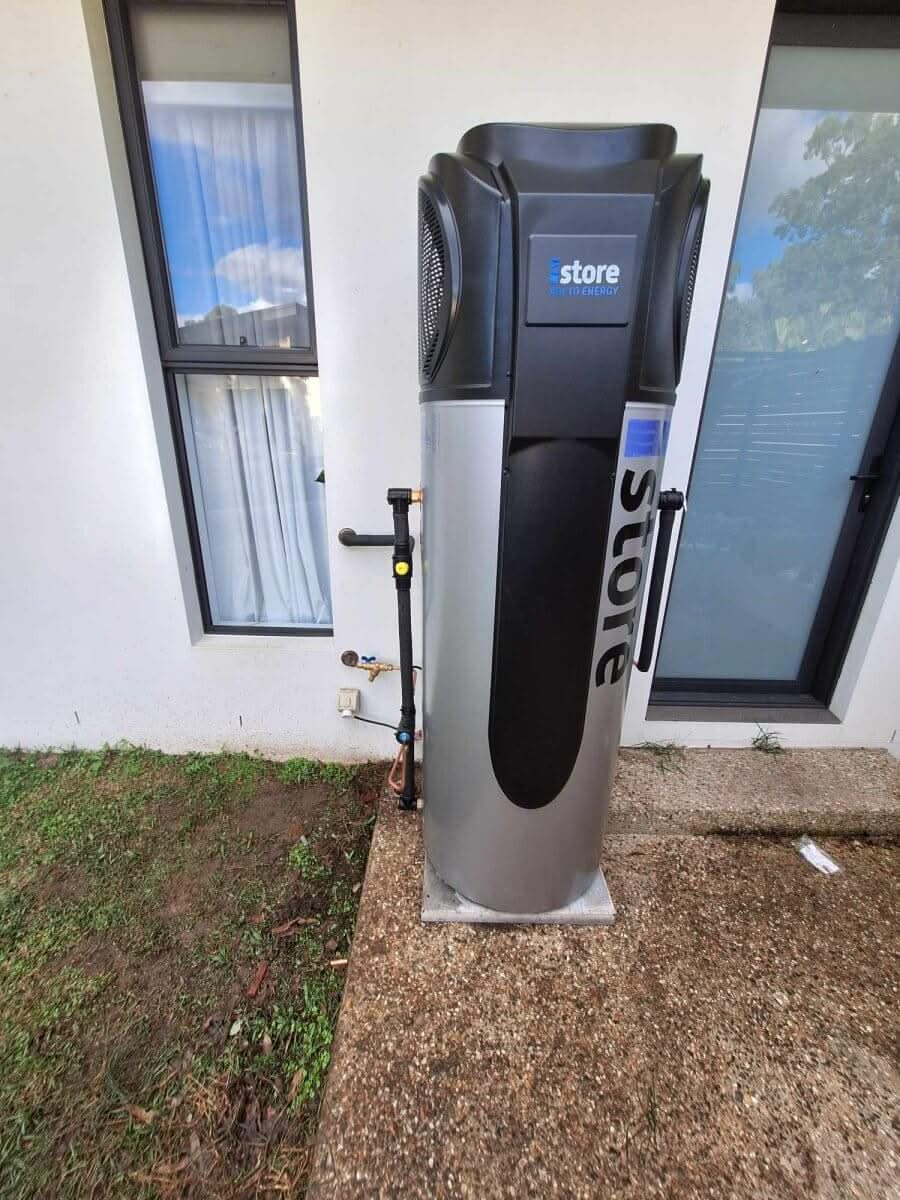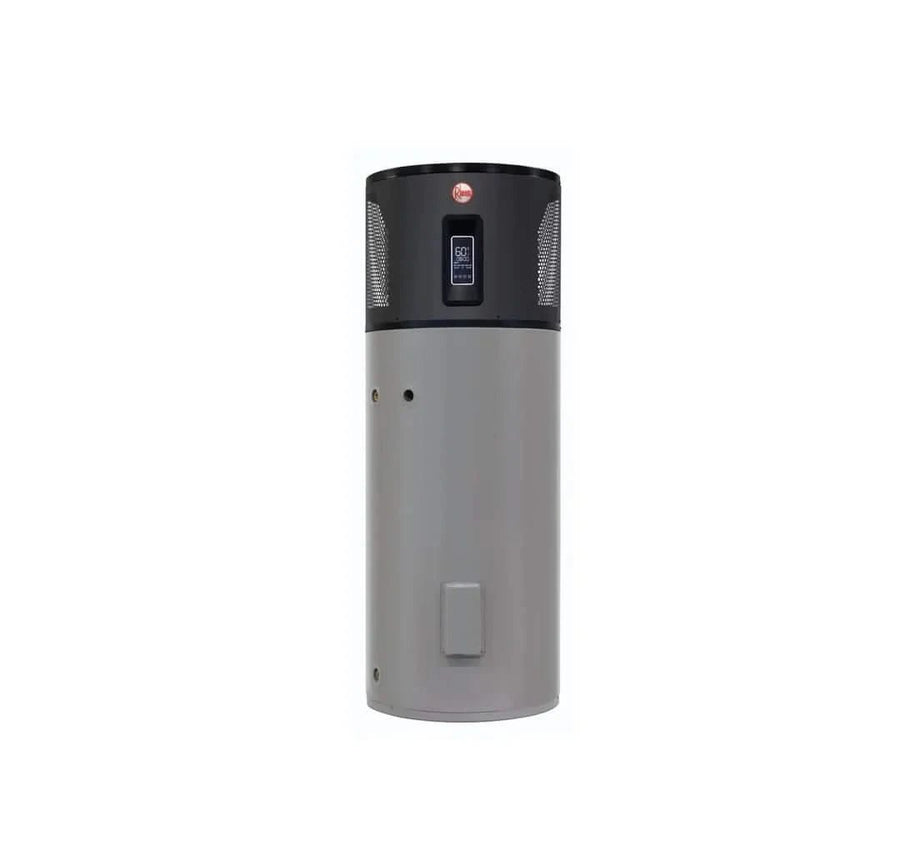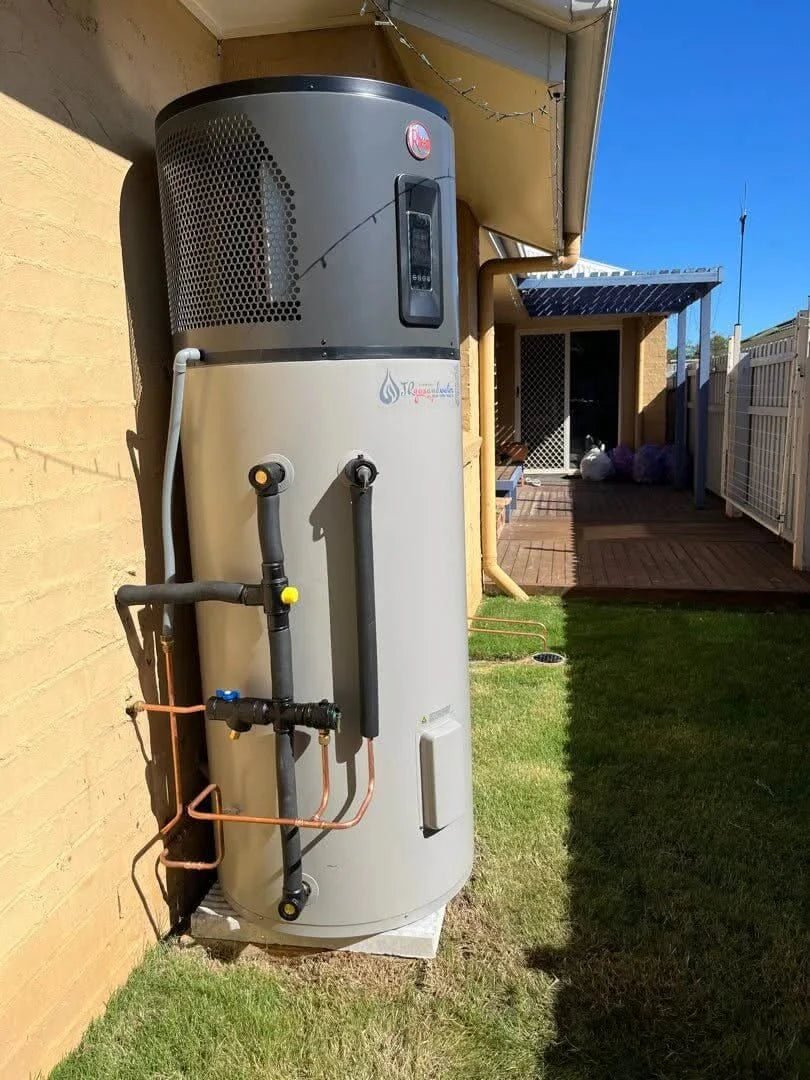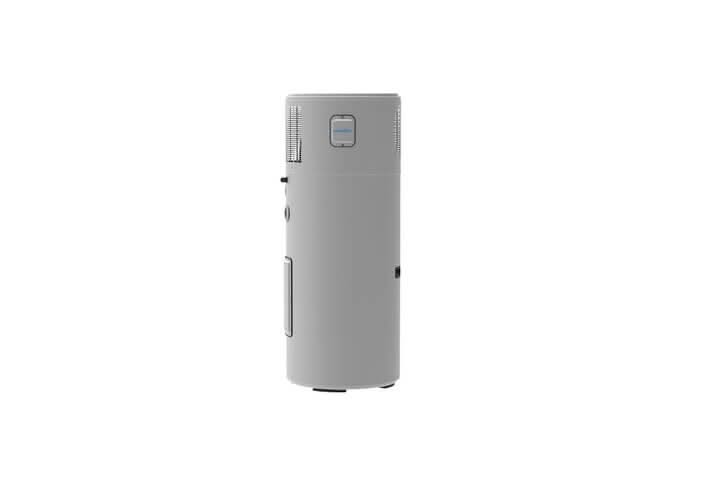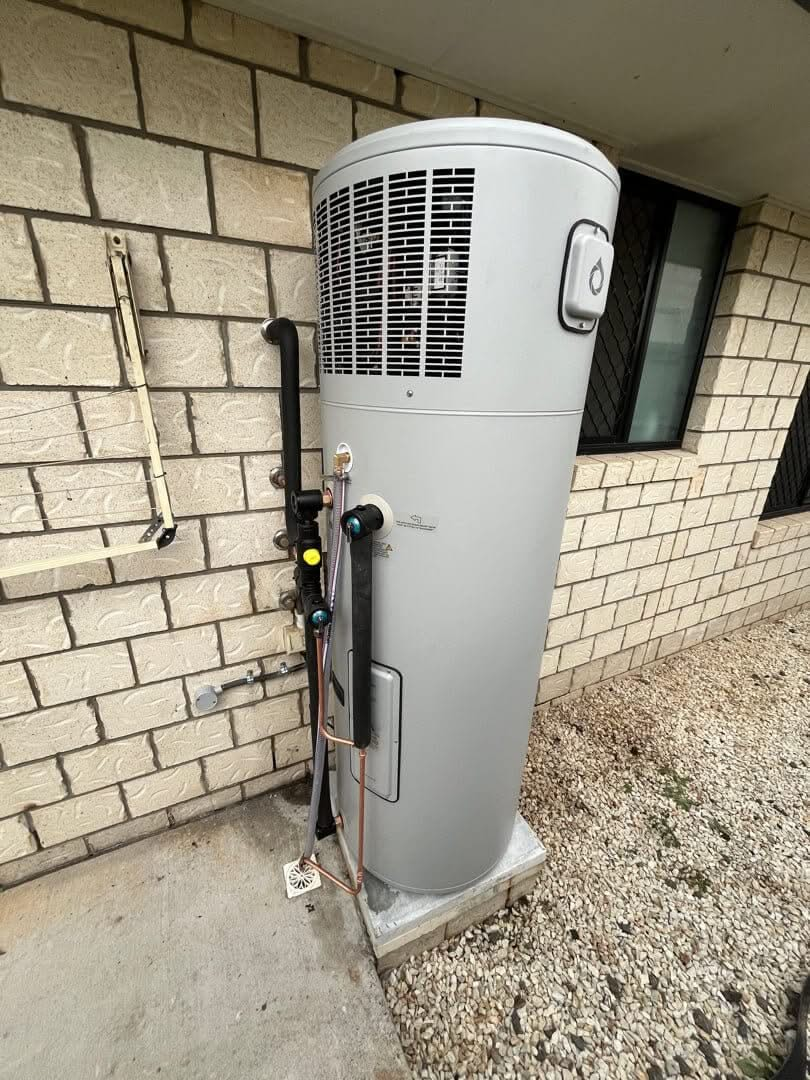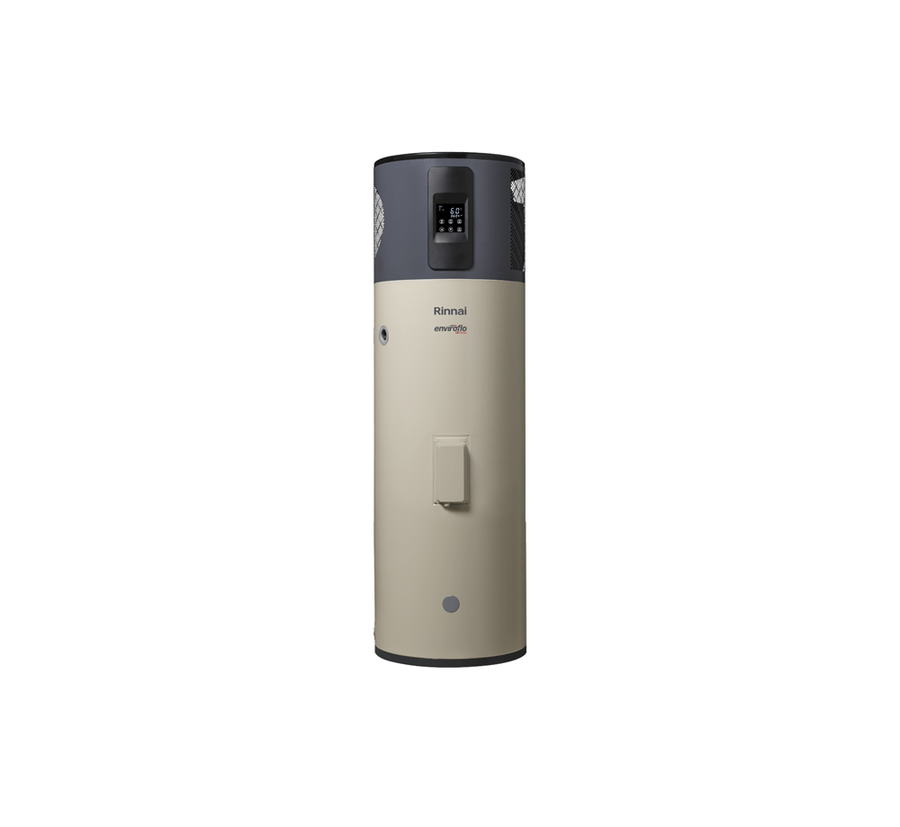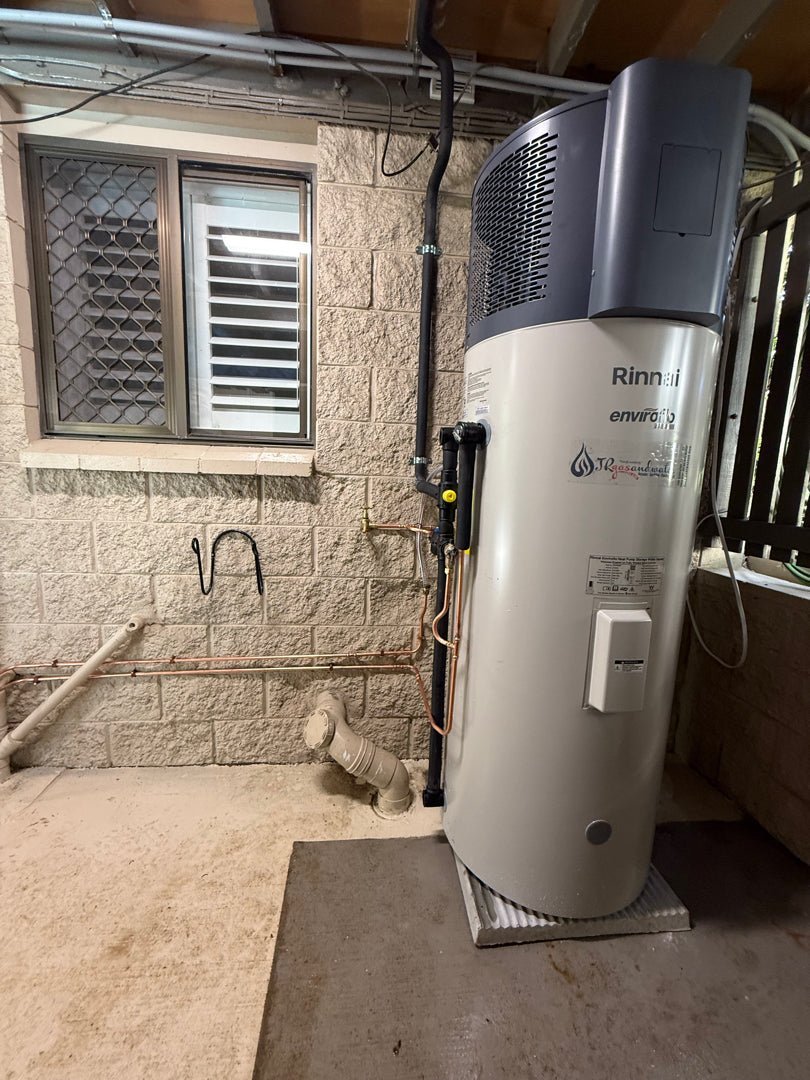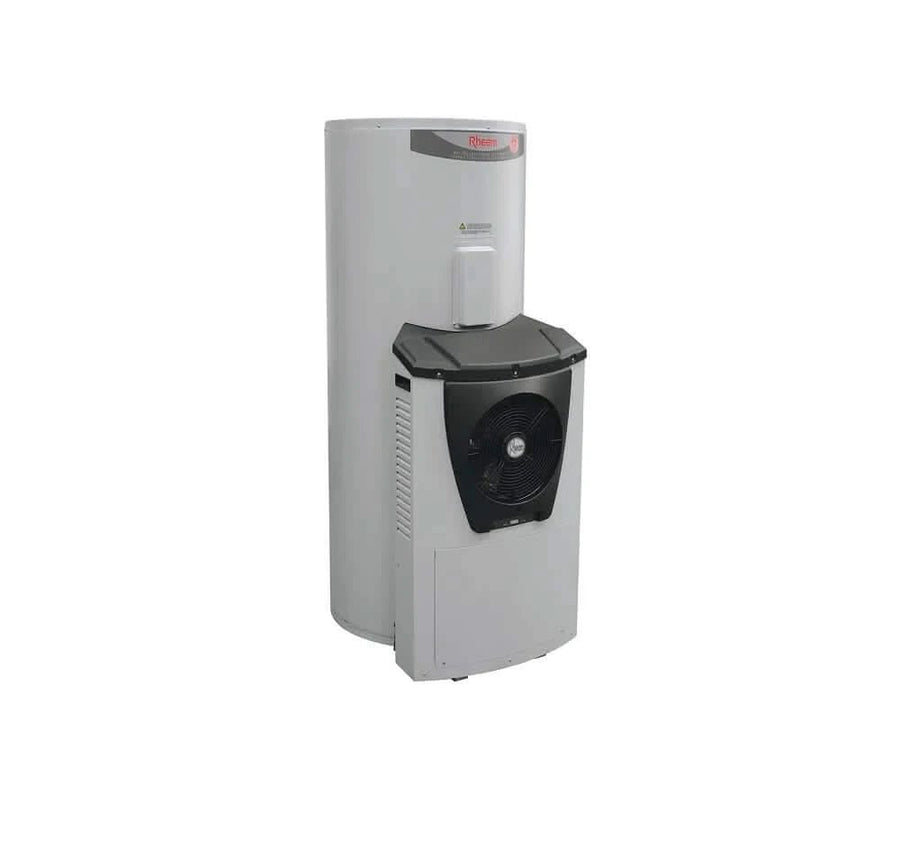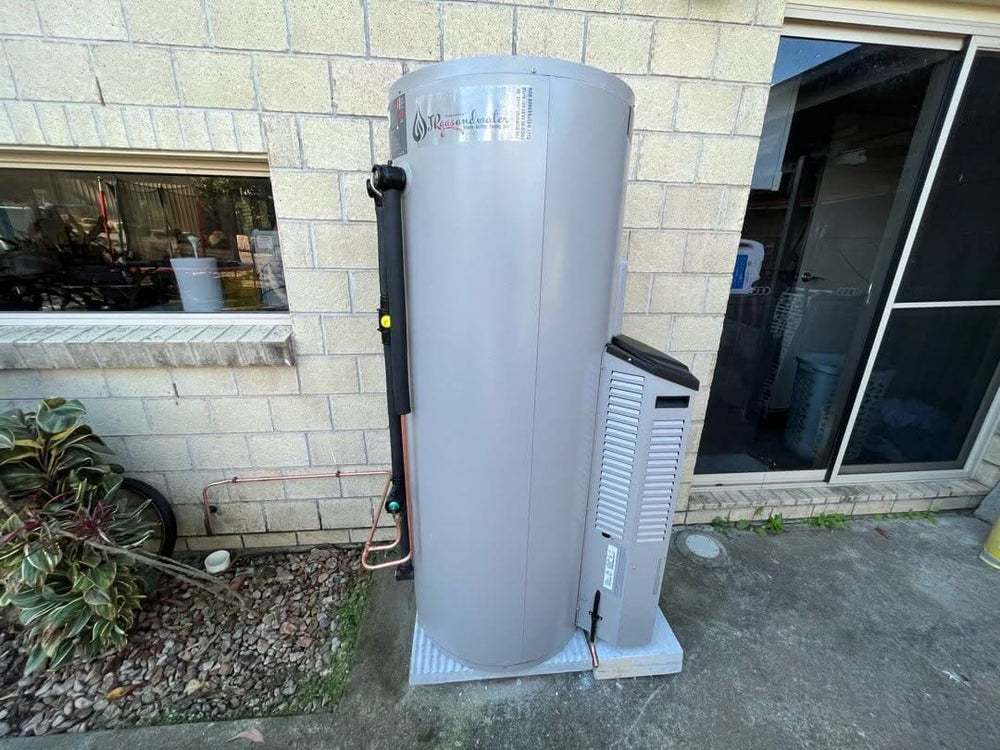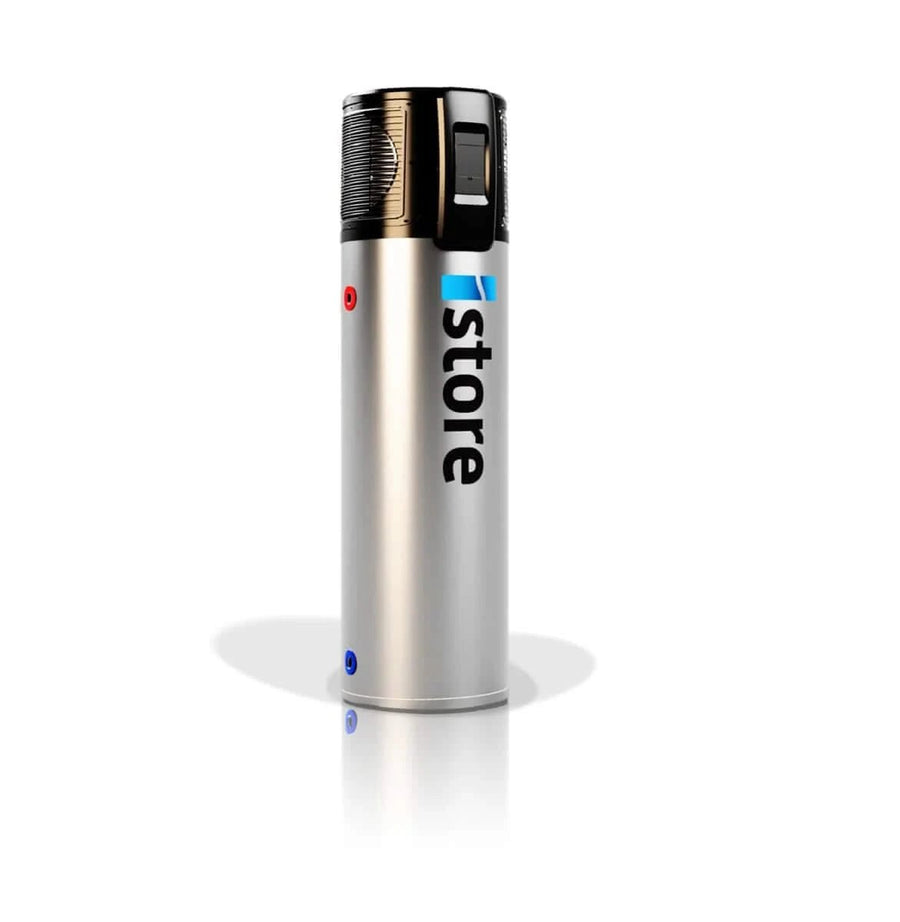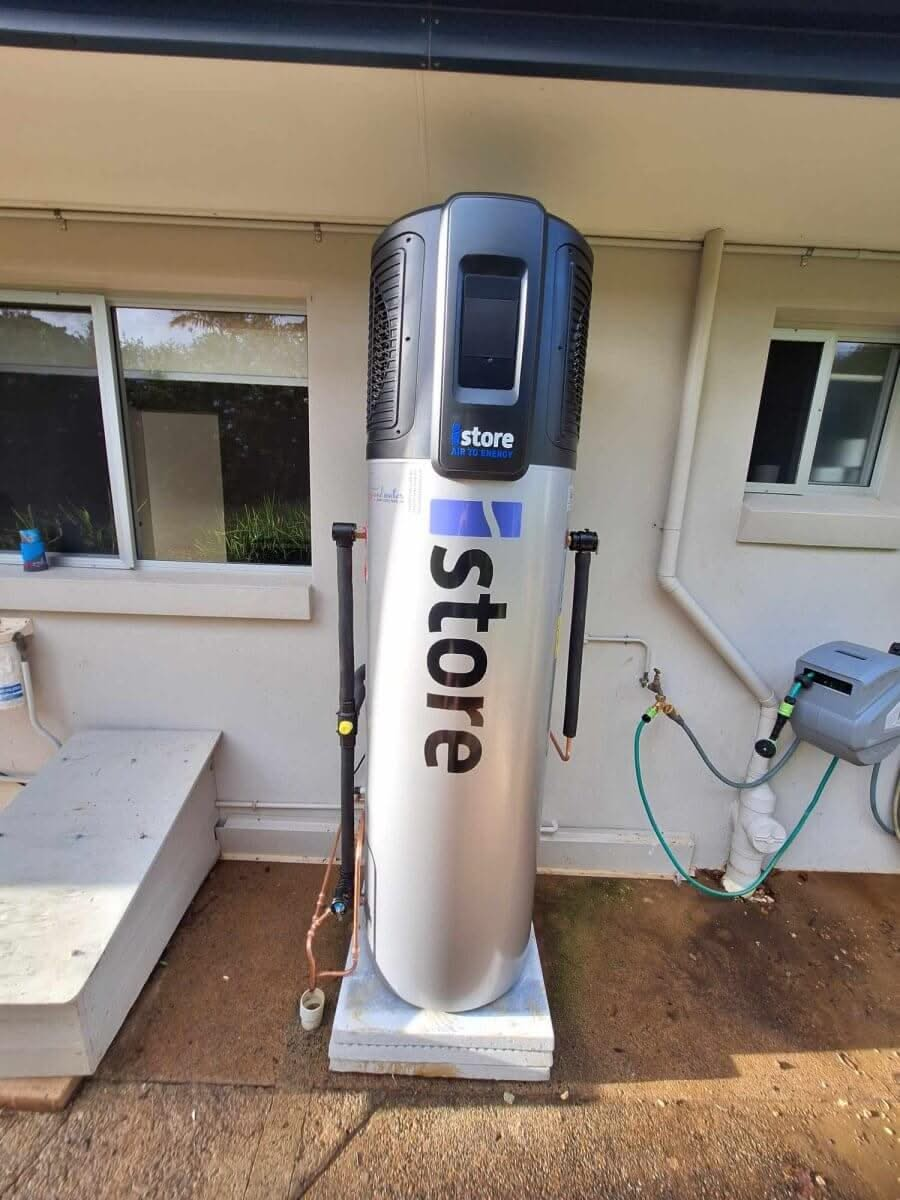Ultimate Guide to Choosing the Right Hot Water System for Your Home
Select the ideal hot water system for your home with confidence. This article dives into the essential considerations, from system types to cost analysis, ensuring you make a savvy choice tailored to your needs.
Key Takeaways
-
Understanding the various types of hot water systems - electric, gas, solar, and heat pump—and their strengths and limitations is crucial when choosing a system to match your household’s hot water needs, budget, and local climate conditions.
-
Evaluating your household’s hot water consumption patterns is key to selecting an appropriate system size and delivery method, either storage tank or continuous flow, with energy efficiency and environmental considerations playing significant roles in the decision.
-
Initial investment and ongoing operational costs vary among hot water system types, with potential savings available through government rebates and incentives; additionally, professional installation and routine maintenance are vital to ensure safety and extend the system’s lifespan.
Understanding Different Hot Water Systems

The first step in choosing a hot water system is understanding the different types available. The main players in the hot water market are:
Each type has its strengths and drawbacks, and the right choice for you depends on various factors, such as your household’s hot water needs, the local climate, and your budget.
Navigating this sea of choices to find your perfect fit can be daunting. Here, we delve into the specifics of these different systems.
Electric Hot Water Systems
Electric hot water systems are a popular choice, and for good reason. They are affordable to install and offer flexible options to suit different needs. From compact units for small spaces to larger storage ones for multiple outlets, there’s an electric hot water system for every situation, including electric instantaneous water heaters. However, they are more expensive to run unless offset with off-peak storage units or solar PV panels.
Despite higher running costs, their lower purchase and installation costs compared to natural gas systems make them a viable option.
Gas Hot Water Systems
Gas hot water systems, including gas storage systems, are praised for their:
-
Lower running costs
-
Reduced emissions
-
Efficient heating and temperature regulation
-
Ability to provide hot water during power outages
One of the reliable and cost-effective options for heating water is a gas hot water system, which shares these features with other gas hot water systems.
Even though the installation might necessitate outdoor placement due to venting requirements, the quick heat recovery time and lower carbon emissions often make these systems worth the extra effort.
Solar Hot Water Systems
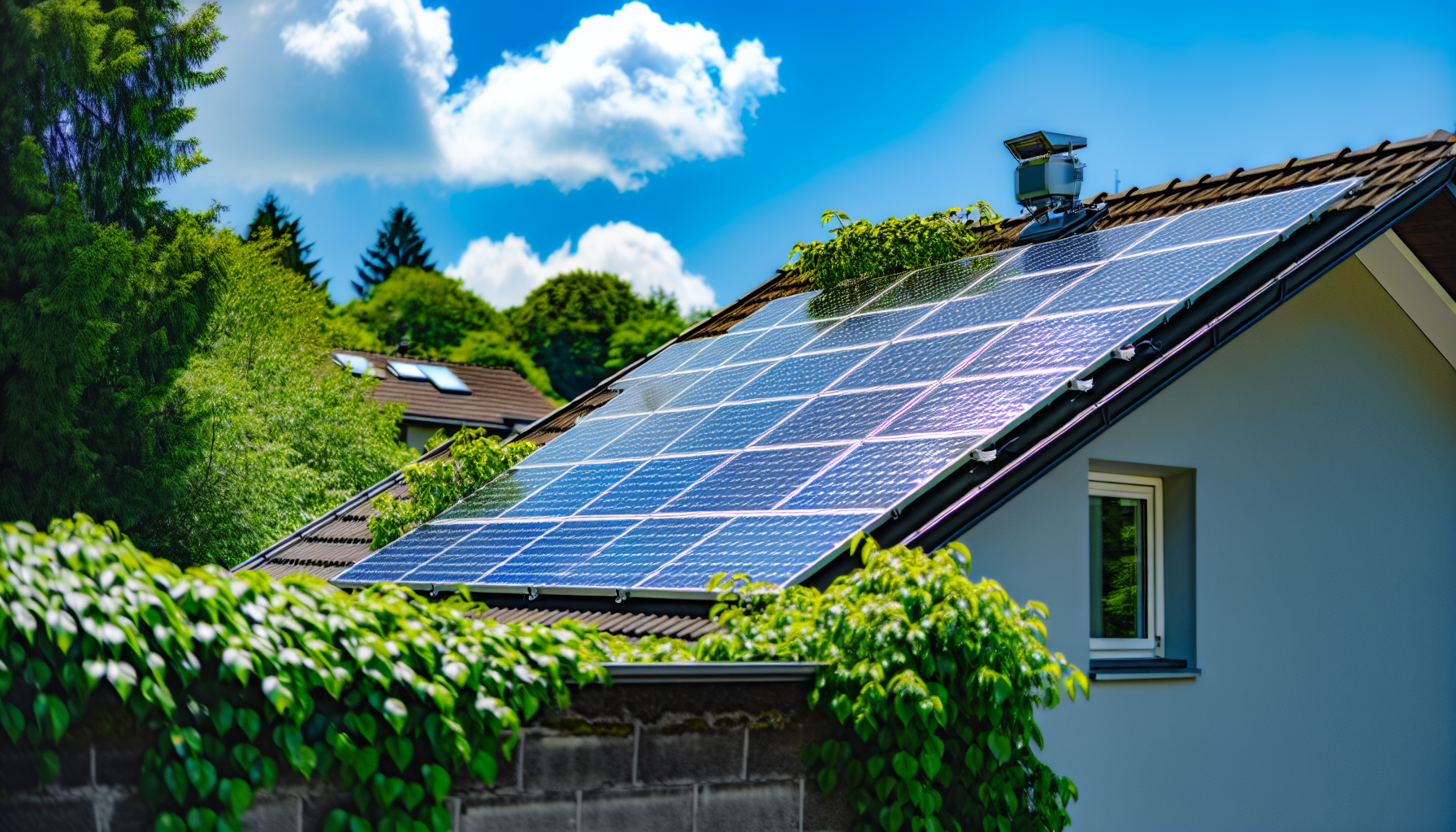
Solar hot water systems represent the pinnacle of energy efficiency and environmental friendliness. These systems utilize solar panels or evacuated tubes and a storage tank unit to harness the sun’s energy for heating water. While they have higher upfront costs, solar water heaters can lead to significant savings in the long run. However, their effectiveness can vary depending on climate and roof space, which means they may not be the right choice for every home.
Heat Pump Hot Water Systems
Heat pump hot water systems are another energy-efficient option that doesn’t rely on direct sunlight, allowing flexibility in installation locations. These systems can be up to 70% more energy-efficient than conventional electric hot water systems, making them a highly cost-effective solution in the long term. However, for installation in cold locations, it’s crucial to choose models specifically designed to operate effectively in such conditions.
Storage Tank vs. Continuous Flow Systems
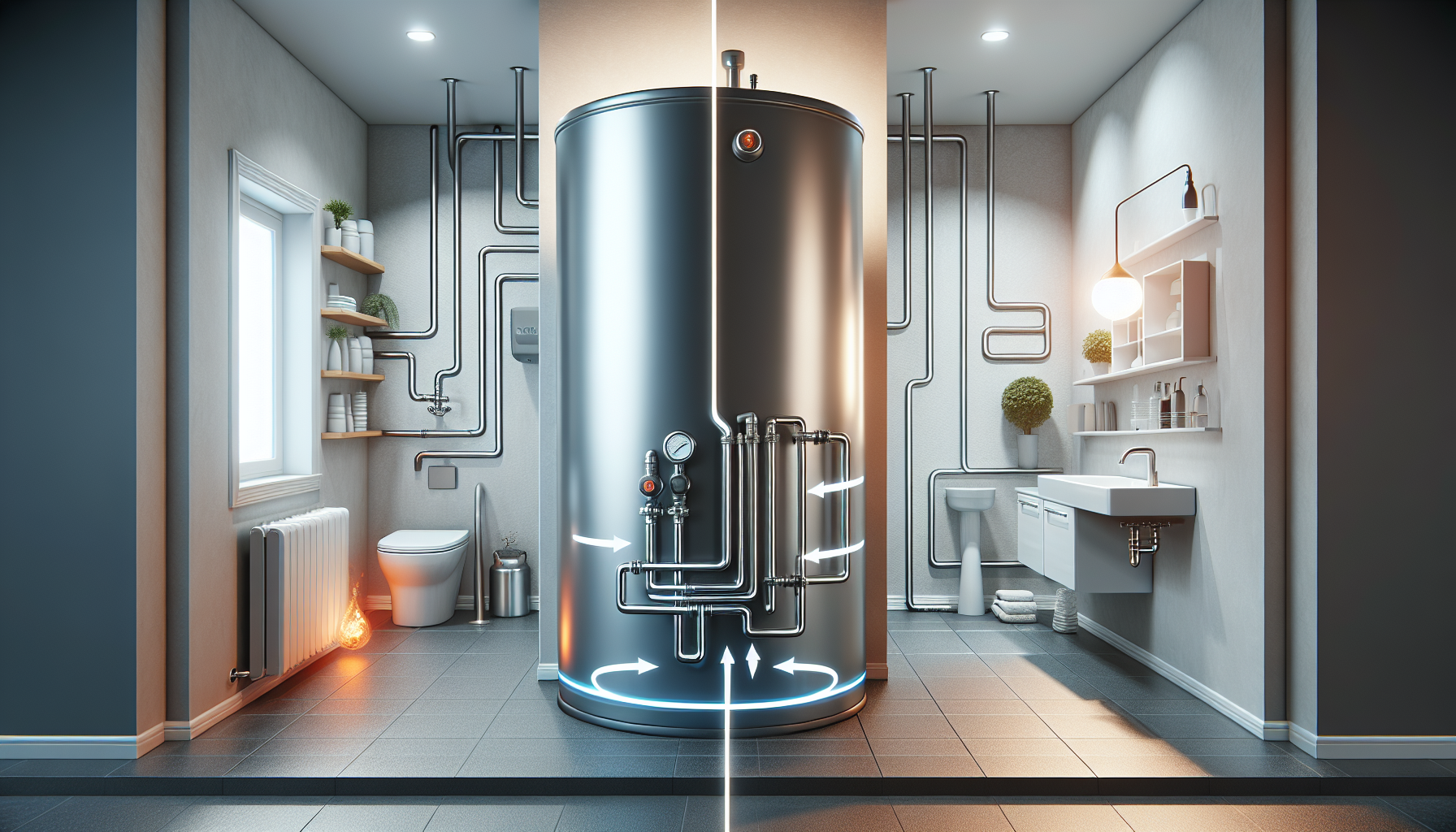
Once you’ve understood the different types of hot water systems you should next consider how they deliver hot water – via a storage tank or a continuous flow mechanism. Each method has its advantages and can cater to different household needs.
Storage tank systems are ideal for homes with a regular and predictable hot water demand, allowing simultaneous access to hot water at multiple points. In contrast, continuous flow systems are compact and energy-efficient, making them perfect for homes with limited space or irregular water usage patterns.
Storage Tank Hot Water Systems
Storage tank hot water systems have several advantages:
-
They are relatively inexpensive to purchase and install.
-
They can be connected to off-peak electricity tariffs to reduce running costs.
-
Their large tank capacity allows them to supply hot water to multiple outlets simultaneously, making them ideal for larger households.
However, they also require regular maintenance, including the replacement of the sacrificial anode, to prevent corrosion and extend the system’s lifespan.
Continuous Flow Hot Water Systems
Continuous flow systems, also known as tankless or instantaneous systems, heat water on demand, providing hot water exactly when you need it. These continuous flow system units are highly energy-efficient as they avoid the heat loss issues associated with storage tank systems. They are compact and can be installed in various locations, making them suitable for a range of property sizes. However, to meet extensive demand, they may require larger or multiple units, which can increase their initial cost.
Assessing Your Household's Hot Water Needs
With a solid understanding of the various hot water systems and their delivery mechanisms, you’re ready to evaluate your household’s hot water needs. Grasping your household’s hot water consumption patterns is key in selecting the appropriate system. From the morning rush to a relaxing evening bath, your hot water needs should shape your decision.
Now we’ll delve into the process of calculating your daily hot water consumption and investigate the factors that can sway your hot water demand.
Calculating Daily Hot Water Consumption
Calculating your daily hot water consumption can give you a clear picture of your household’s hot water needs. The average household uses approximately 120 to 130 liters of hot water per day, with a daily usage of 200 liters being considered high. To estimate your household’s consumption, simply multiply the average daily usage per person by the number of household members.
However, for a more detailed calculation, you can measure the flow rate and duration of each hot water event, such as showers, dishwashing, and laundry.
Factors Affecting Hot Water Demand
While the number of occupants in a household is a key factor affecting hot water demand, individual usage habits can also significantly influence consumption. Some factors to consider include:
-
Preference for showers or baths
-
Frequency and method of washing dishes and laundry
-
Climate (increased hot water use during colder months and potential decrease when the weather is warmer)
These factors can lead to variations in hot water use.
By considering these factors, you’ll be better equipped to choose a hot water system that meets your needs efficiently.
Energy Efficiency and Environmental Considerations
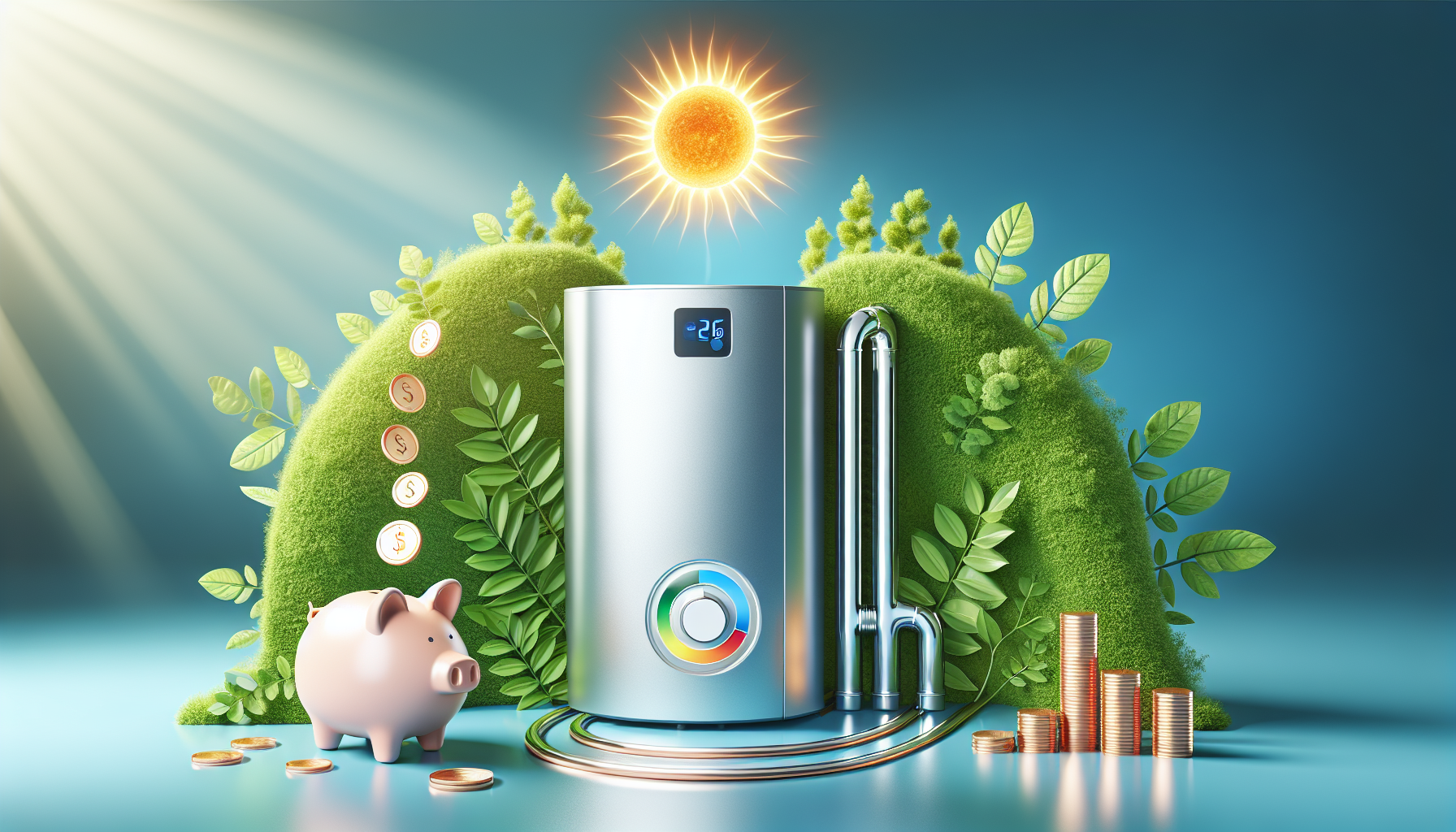
When choosing a new hot water system, energy efficiency and environmental impact are vital considerations. Modern hot water systems are more energy-efficient, using significantly less power while providing the same or better results than older, less efficient models. With water heating accounting for about a quarter of the typical household’s energy use, selecting an energy-efficient hot water system can substantially reduce your energy consumption and carbon footprint.
Some benefits of energy-efficient hot water systems include:
-
Lower energy bills
-
Reduced greenhouse gas emissions
-
Longer lifespan of the system
-
Potential eligibility for government rebates or incentives
By considering these factors and choosing an energy-efficient hot water system, you can make a positive impact on both your wallet and the environment.
We’ll now look at the impact of energy star ratings and Minimum Energy Performance Standards (MEPS) on identifying energy-efficient systems and discuss strategies to minimize greenhouse gas emissions.
Energy Star Ratings and MEPS
The energy efficiency of a hot water system is indicated by its Energy Star Rating, which provides a clear picture of the unit’s operational efficiency and potential energy savings. Gas storage hot water systems, for instance, can have energy efficiency ratings between 4 and 5.3 stars, with high-efficiency condensing designs achieving a rating of 6 stars or better.
Meanwhile, continuous flow systems often have higher energy ratings, reflecting their superior energy efficiency compared to storage systems. Additionally, Minimum Energy Performance Standards (MEPS) set baseline efficiency levels that hot water systems must meet, encouraging the adoption of more energy-efficient solutions.
Reducing Greenhouse Gas Emissions
Reducing greenhouse gas emissions is another critical factor to consider when choosing a hot water system. Systems like gas-boosted solar systems are among the most environmentally friendly options, producing minimal greenhouse gas emissions. Solar hot water systems, especially those without reliance on electricity or gas boosters, can drastically cut greenhouse gas emissions.
Heat pump water heaters, also known as heat pumps, are known for their high energy-efficiency. They use only 30% of the energy required by traditional electric hot water systems. By choosing these systems, you can significantly reduce your environmental impact.
Costs and Financial Incentives
Although the type of hot water system and its energy efficiency matter, cost often becomes the deciding factor for many homeowners. Knowing the financial implications of your choice, from initial investment to running costs, can aid in selecting a system that aligns with your budget without sacrificing performance.
Moreover, several federal and state schemes offer rebates and incentives to encourage the adoption of energy-efficient hot water systems, making them more affordable for homeowners.
Initial Investment and Running Costs
The initial investment for a hot water system includes the purchase price and installation costs. These costs can vary significantly depending on the type of system. For instance, electric hot water systems usually have the lowest purchase cost, while solar hot water heaters represent the highest initial investment. However, it’s important to balance these initial costs with the running costs.
Systems with low initial costs, like electric storage systems, often have higher running costs, whereas systems like heat pump hot water systems have higher initial costs but lower running costs due to their superior energy efficiency.
Rebates and Incentives for Energy-Efficient Systems
To make energy-efficient hot water systems more affordable, several federal and state schemes offer rebates and incentives. There are various renewable power incentives available, including Small-scale Technology Certificates (STCs) for solar and heat pump hot water systems. These incentives aim to promote the use of renewable energy sources. Some state programs, like the Victorian Solar Homes Program, offer rebates to assist with the purchase of a qualified heat pump or solar hot water system.
By researching and taking advantage of these schemes, you can significantly reduce the overall cost of your hot water system.
Professional Installation and Maintenance
After you’ve selected the ideal hot water system for your home, it needs to be professionally installed. Correct installation is vital to guarantee safe and efficient system operation.
Additionally, routine maintenance is necessary to prolong your system’s lifespan and avert potential problems.
Finding a Qualified Installer
Finding a licensed installer with experience in the specific type of hot water system you’ve chosen is essential. A qualified installer will ensure the system is installed correctly and adheres to all safety regulations. Poor installation can result in underperformance of the system and increased costs.
Regular Maintenance and Repairs
Regular maintenance and timely repairs by a professional can extend the lifespan of your hot water system and ensure its safe and efficient operation. Consistent maintenance allows technicians to spot issues early, preventing serious and costly repairs, and sometimes avoiding the need to replace the entire system.
For instance, maintenance of electric storage systems includes replacing the sacrificial anode periodically to combat corrosion. By maintaining your hot water system, you can ensure it performs optimally for many years.
Summary
Choosing the right hot water system for your home involves considering various factors, from the type of system and its delivery mechanism to your household’s hot water needs and the system’s energy efficiency. With a variety of options available, from electric, gas, solar, and heat pump systems to storage tank and continuous flow systems, the right choice depends on your specific needs and circumstances. By understanding these options, assessing your hot water needs, considering energy efficiency and costs, and ensuring professional installation and maintenance, you can select a hot water system that ensures comfort, saves you money, and helps protect the environment.
Frequently Asked Questions
What is the most efficient type of hot water system?
The most efficient type of hot water system is a heat pump water heater, which can be 3-4 times more energy efficient than storage electric hot water systems. It extracts heat from the ambient air outside to heat the water in the tank. (source: manufacturer website)
Who is eligible for government free hot water systems Victoria?
Businesses in Victoria with electric or natural gas-powered water heaters are eligible for a government-sponsored free upgrade to a heat pump-driven hot water system, if the upgrade is undertaken at a business or non-residential premises.
What is the $33 hot water rebate NSW?
You can receive a $33 rebate on a 215L air sourced heat pump water heater in NSW if you upgrade from an electric to heat pump hot water system.
Is heater water safe to drink?
No, water from a water heater or hot water tap may contain harmful nitrites and lead, and does not have the quality of drinking water, even if cooled afterwards.
How is hot water consumption calculated?
To calculate your daily hot water consumption, multiply the average daily usage per person by the number of household members. This will give you an estimate of your total hot water usage each day.






